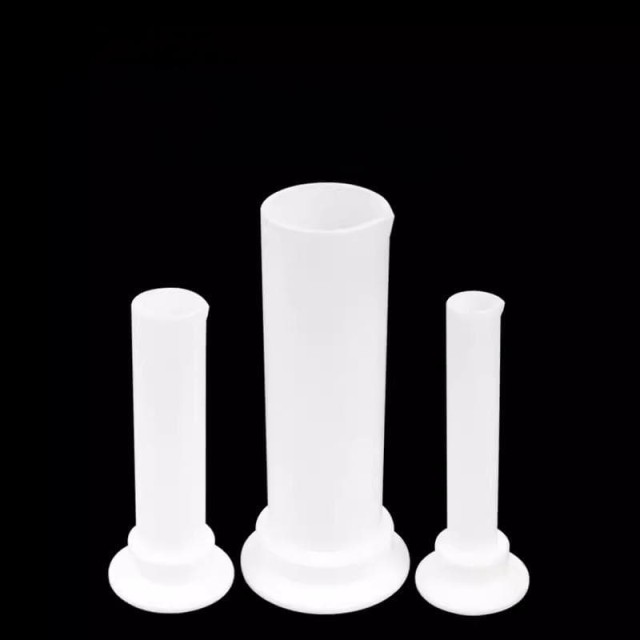
PTFE material
Custom PTFE Teflon Parts Manufacturer for PTFE Measuring Cylinder 10/50/100ml
Item Number : PTFE-35
Price varies based on specs and customizations
- Material
- PTFE
- Specification
- See the form
Shipping:
Contact us to get shipping details Enjoy On-time Dispatch Guarantee.
Why Choose Us
Easy ordering process, quality products, and dedicated support for your business success.
Introduction
The PTFE measuring cylinderis a versatile laboratory tool designed to handle both acidic and alkaline liquids with precision and safety. Here are the main application areas of the PTFE measuring cylinder:
- Chemical Laboratories: Ideal for measuring corrosive chemicals and solvents that could damage or react with standard glass or plastic containers.
- Research and Development: Used in R&D settings for precise measurement of reagents in experiments involving aggressive chemicals.
- Pharmaceutical Industry: Essential for accurately measuring and mixing pharmaceutical ingredients that require a high degree of purity and resistance to chemical interactions.
Details & Parts
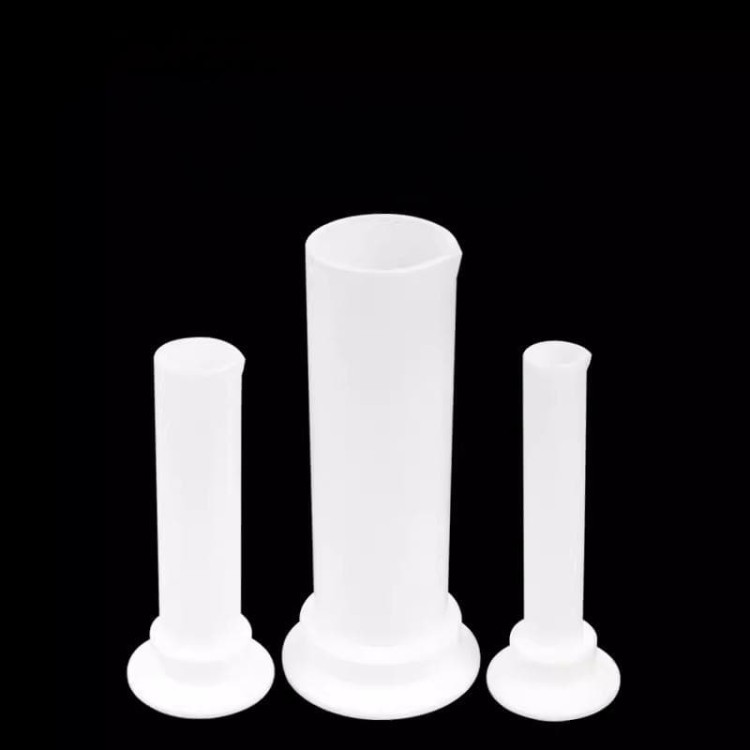
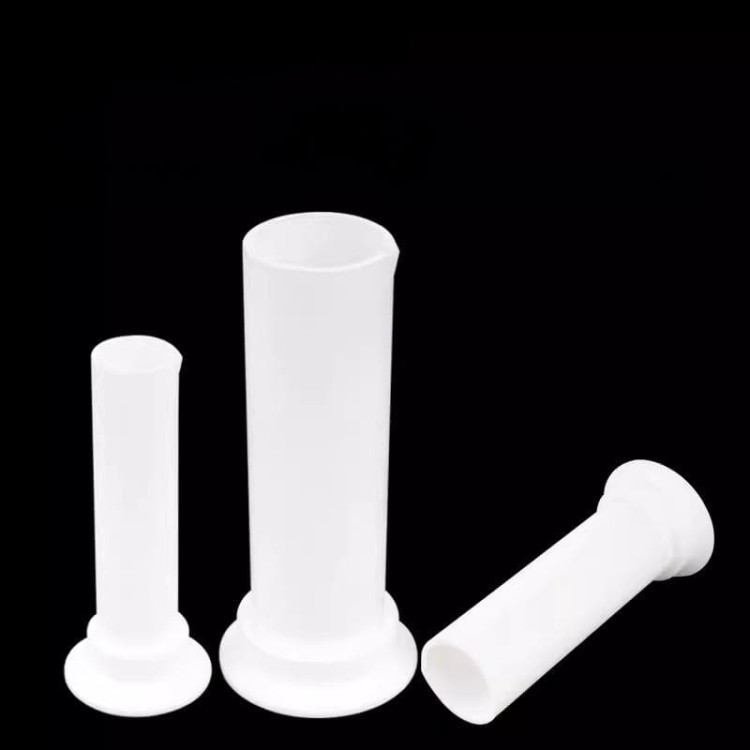
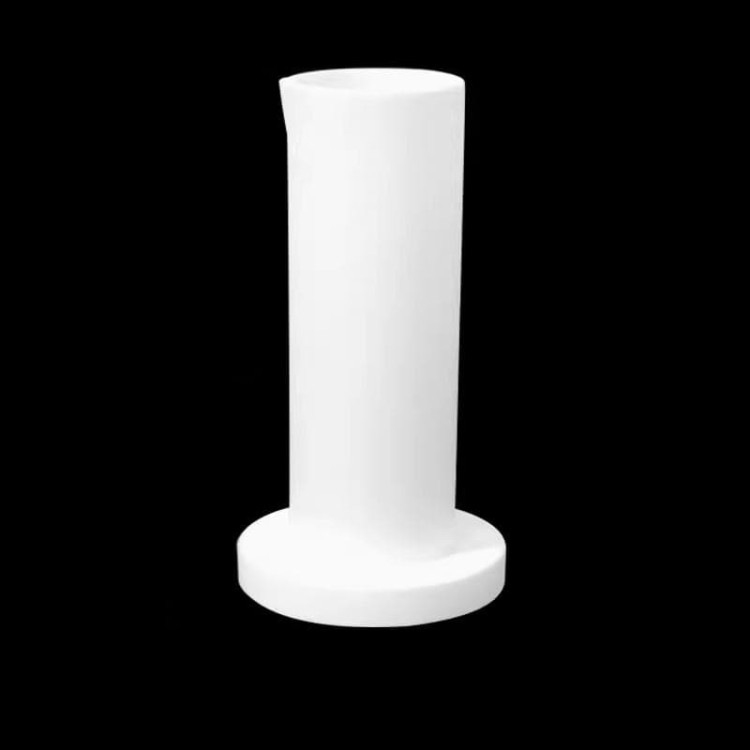
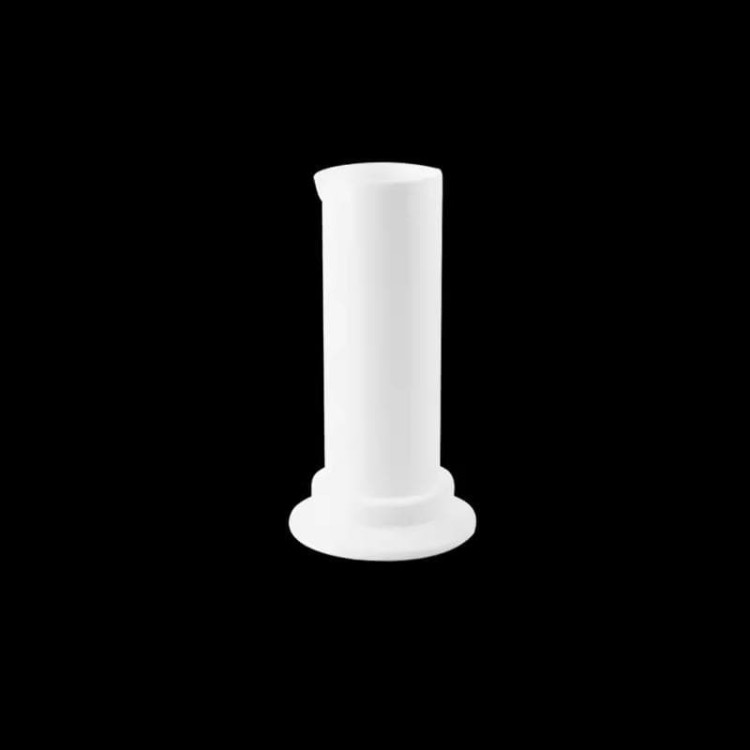
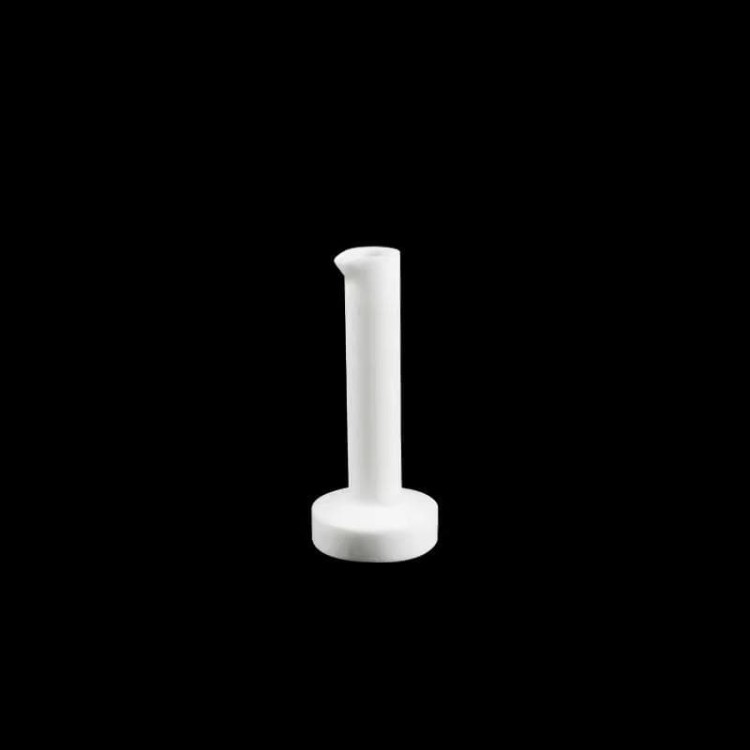
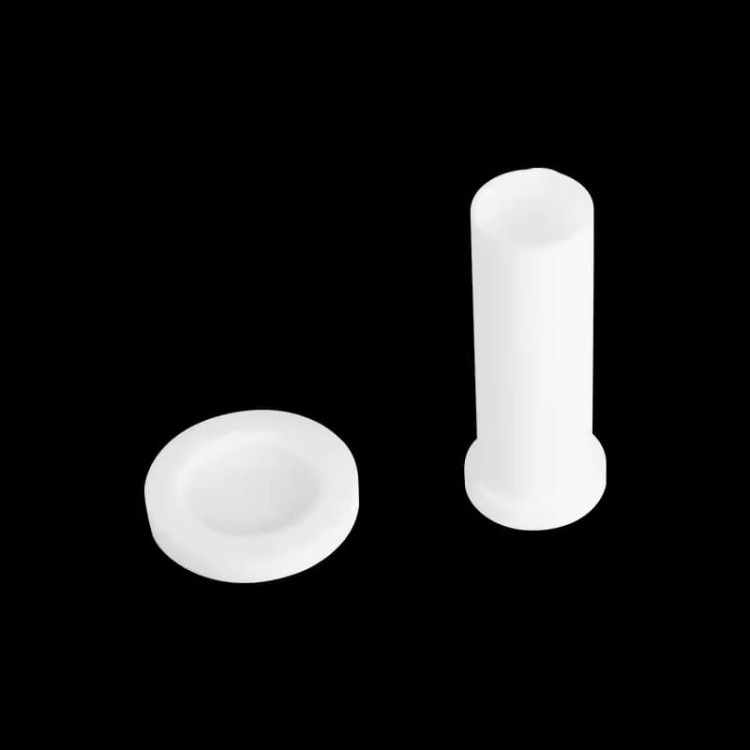
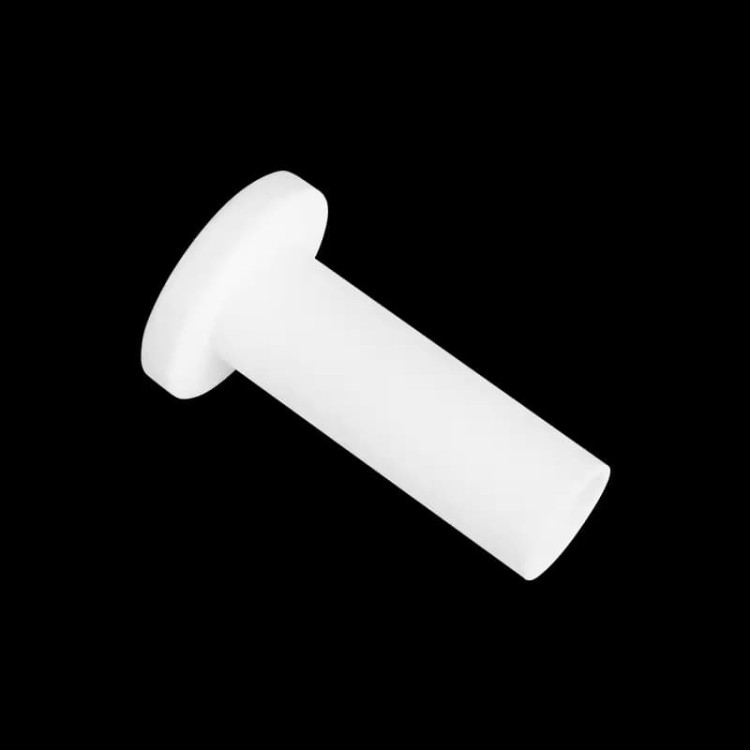
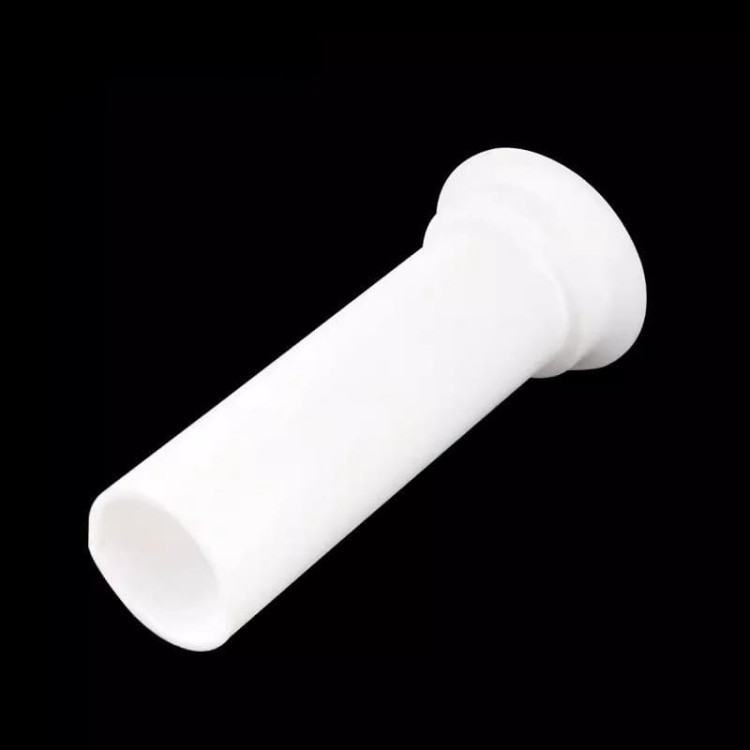
Technical specifications
| Model | Total Height(mm) | Pipe Diameter(mm) | Weight(g) |
|---|---|---|---|
| 5ml | 83 | 15 | / |
| 10ml | 108 | 17 | 42 |
| 20ml | 108 | 24 | 64 |
| 50ml | 118 | 34 | 128 |
| 100ml | 138 | 40 | 158 |
| 250ml | 147 | 60 | 374 |
| 500ml | 160 | 79 | 460 |
| 1000ml | 180 | 100 | 699 |
| 2000ml | / | / | 、 |
Advantages
The PTFE measuring cylinder, offers a range of advantages that make it a superior choice for laboratory use. Here are some of the key benefits:
- Chemical Resistance: PTFE is highly resistant to most chemicals, including strong acids and alkalis. This makes the PTFE measuring cylinder suitable for handling a wide range of corrosive substances without the risk of degradation or contamination.
- High Temperature Resistance: With a high working temperature of up to 260º C, the PTFE measuring cylinder can withstand extreme heat, making it ideal for high-temperature applications in the lab.
- Low Coefficient of Friction: The inherent lubricity of PTFE ensures that it has a low friction coefficient, which aids in the smooth pouring and measuring of liquids.
- Excellent Dielectric Properties: PTFE's outstanding dielectric properties make it suitable for use in applications involving electrical measurements or where electrical insulation is required.
- Corrosion Resistance: The inert nature of PTFE protects it from chemical corrosion, ensuring a long lifespan and consistent performance in the lab.
Designed for You
KinTek provide deep custom made service and equipment to worldwide customers, our specialized teamwork and rich experienced engineers are capable to undertake the custom tailoring hardware and software equipment requirements, and help our customer to build up the exclusive and personalized equipment and solution!
Would you please drop your ideas to us, our engineers are ready for you now!
Trusted by Industry Leaders

FAQ
What Are The Safety Benefits Of Using A PTFE Measuring Cylinder?
What Is A Thermal Element?
How Does A Thermal Element Work?
What Are The Advantages Of Using Thermal Elements?
What Are The Different Types Of Thermal Elements?
How Should Thermal Elements Be Calibrated And Maintained?
4.8 / 5
Incredible durability against harsh chemicals!
4.7 / 5
High temperature resistance is a game changer.
4.9 / 5
Non-stick surface makes cleaning a breeze.
4.6 / 5
Excellent value for money in a high-tech lab tool.
4.8 / 5
Unbreakable design is a huge safety plus.
4.7 / 5
Lightweight yet robust, perfect for daily use.
4.9 / 5
Translucent material aids in precise measurements.
4.6 / 5
Corrosion resistance ensures long-term reliability.
4.8 / 5
Dielectric properties enhance lab versatility.
4.7 / 5
Quick delivery, ready for immediate lab use.
4.9 / 5
Microwaveable feature adds to its utility.
4.6 / 5
Low friction coefficient for smooth operations.
4.8 / 5
Competitive pricing without compromising quality.
REQUEST A QUOTE
Our professional team will reply to you within one business day. Please feel free to contact us!
Related Products
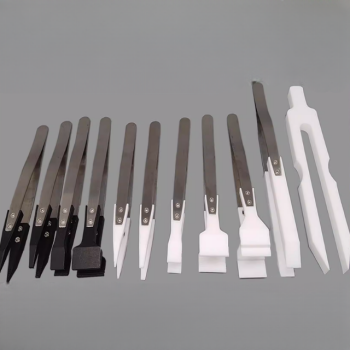
Custom PTFE Teflon Parts Manufacturer for PTFE Tweezers
PTFE tweezers inherit the excellent physical and chemical properties of PTFE, such as high temperature resistance, cold resistance, acid and alkali resistance, and corrosion resistance to most organic solvents.
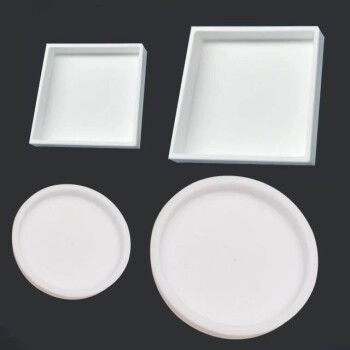
Custom PTFE Teflon Parts Manufacturer for PTFE Containers
PTFE container is a container with excellent corrosion resistance and chemical inertness.
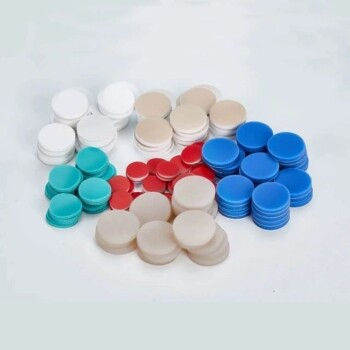
Custom PTFE Teflon Parts Manufacturer for Gaskets and More
Gaskets are materials placed between two flat surfaces to enhance the seal. To prevent fluid leakage, sealing elements are arranged between static sealing surfaces.
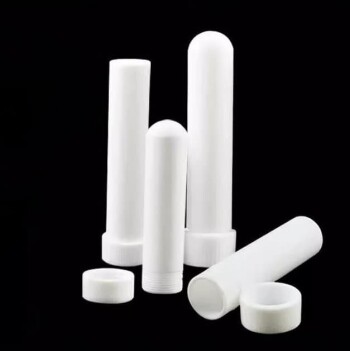
Custom PTFE Teflon Parts Manufacturer for Centrifuge Tubes
PTFE centrifugal tubes are highly valued for their exceptional chemical resistance, thermal stability, and non-stick properties, making them indispensable in various high-demand sectors. These tubes are particularly useful in environments where exposure to corrosive substances, high temperatures, or stringent cleanliness requirements are prevalent.
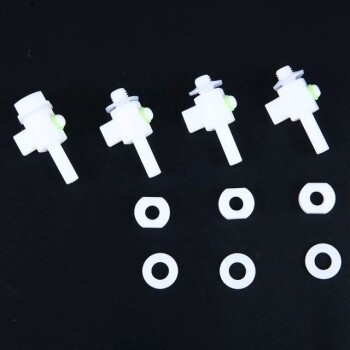
Custom PTFE Teflon Parts Manufacturer for Air Valve Applications
PTFE small air valve for gas-liquid sampling and sampling bag for sample collection.
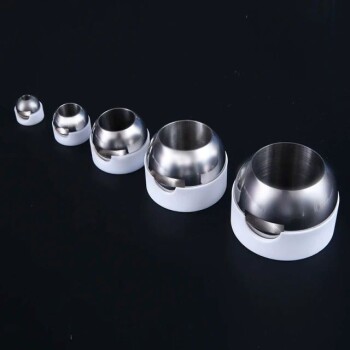
Custom PTFE Teflon Parts Manufacturer for PTFE Ball Valve Seat
Seats and inserts are vital components in the valve industry. As a key component, polytetrafluoroethylene is usually selected as the raw material.

Custom PTFE Teflon Parts Manufacturer PTFE Beaker and Lids
The PTFE beaker is a laboratory container that is resistant to acid, alkali, high and low temperatures and is suitable for temperatures ranging from -200ºC to +250ºC. This beaker has excellent chemical stability and is widely used for heat treatment samples and volume analysis.
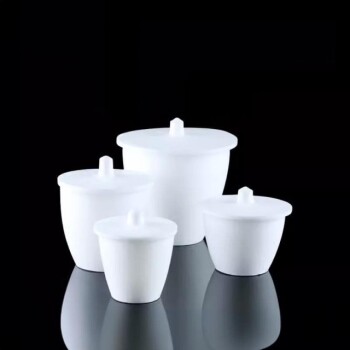
Custom Machined and Molded PTFE Teflon Parts Manufacturer with PTFE Crucible and Lid
PTFE crucibles, made from pure Teflon, offer chemical inertness and resistance from -196°C to 280°C, ensuring compatibility with a wide range of temperatures and chemicals. These crucibles feature machine-finished surfaces for easy cleaning and prevention of contamination, making them ideal for precise laboratory applications.
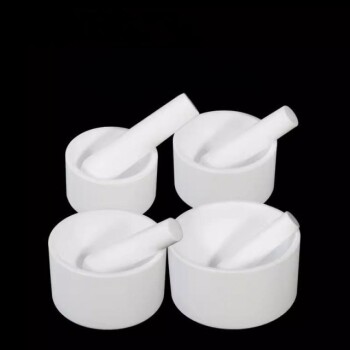
Custom PTFE Teflon Parts Manufacturer Grinding Bowl
PTFE is renowned for its exceptional chemical resistance, thermal stability, and low friction properties, making it a versatile material in various industries. The PTFE grinding bowl, specifically, finds applications where these properties are crucial.
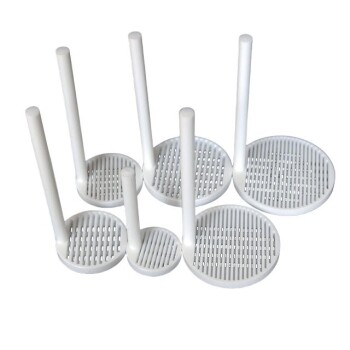
Custom PTFE Teflon Parts Manufacturer for Cleaning Racks
PTFE cleaning racks are mainly made of tetrafluoroethylene. PTFE, known as the "King of Plastics", is a polymer compound made of tetrafluoroethylene.
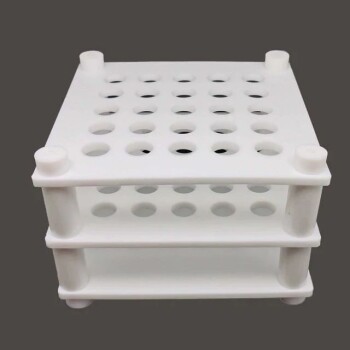
Custom PTFE Teflon Parts Manufacturer for Centrifuge Tube Racks
The precision-made PTFE test tube racks are completely inert and, due to the high temperature properties of PTFE, these test tube racks can be sterilized (autoclaved) without any problems.
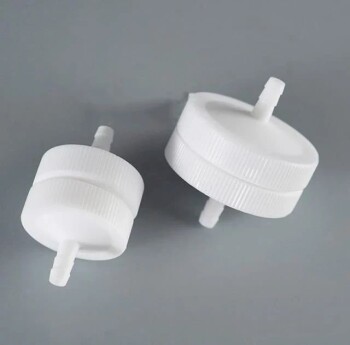
Custom PTFE Teflon Parts Manufacturer for Sampling Filters
PTFE filter element is a commonly used industrial filter element, mainly used to filter corrosive media such as high-purity chemical substances, strong acids, and strong alkalis.

Custom PTFE Teflon Parts Manufacturer for Magnetic Stirring Bar
The PTFE magnetic stirring bar, made from high-quality PTFE, offers exceptional resistance to acids, alkalis, and organic solvents, coupled with high-temperature stability and low friction. Ideal for laboratory use, these stirring bars are compatible with standard flask ports, ensuring stability and safety during operations.

Custom PTFE Teflon Parts Manufacturer F4 Conical Flask Triangular Flask 50 100 250ml
The PTFE triangular flask, also known as a Teflon reagent bottle, is a robust, chemical-resistant alternative to traditional glass bottles, suitable for handling both acids and alkalis. These bottles are unbreakable, lightweight, and feature a leak-proof screw cap, making them ideal for laboratory use.

Custom PTFE Teflon Parts Manufacturer for PTFE Buchner Funnel and Triangular Funnel
The PTFE funnel is a piece of laboratory equipment used primarily for filtration processes, particularly in the separation of solid and liquid phases in a mixture. This setup allows for efficient and rapid filtration, making it indispensable in various chemical and biological applications.
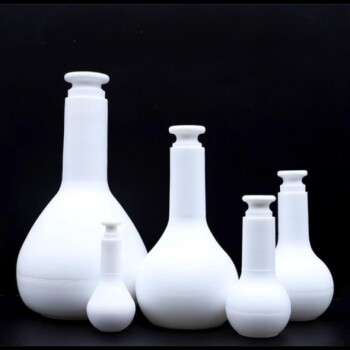
Custom PTFE Teflon Parts Manufacturer for F4 PTFE Volumetric Bottle
The PTFE Volumetric Flask, a robust alternative to glass and PP flasks, excels in measuring both acidic and alkaline liquids. Characterized by its chemical inertness, translucency, and wide volume options, this flask ensures a non-leachable, ultra-clean background. Its non-stick surface simplifies cleaning and maintenance, making it ideal for harsh laboratory conditions.

Custom PTFE Teflon Parts Manufacturer for Culture Dish and Evaporation Dish
The PTFE culture dish evaporating dish is a versatile laboratory tool known for its chemical resistance and high-temperature stability. PTFE, a fluoropolymer, offers exceptional non-stick properties and durability, making it ideal for various applications in research and industry, including filtration, pyrolysis, and membrane technology.
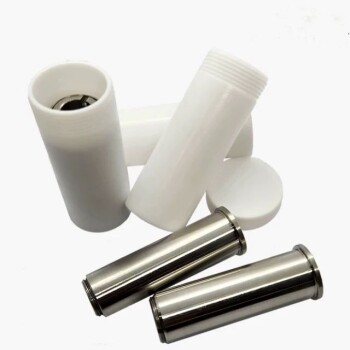
Custom PTFE Teflon Parts Manufacturer for PTFE Bottle Oil Fume Sampling Tube
PTFE products are generally called "non-stick coating", which is a synthetic polymer material that replaces all hydrogen atoms in polyethylene with fluorine.
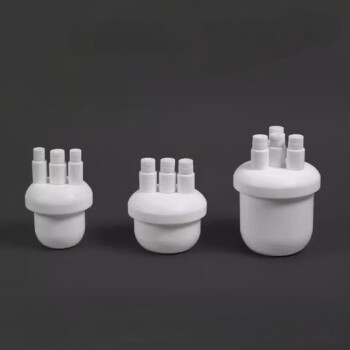
Custom PTFE Teflon Parts Manufacturer for Three-Necked Round Bottom Flask
PTFE flask, is a versatile laboratory container made from PTFE, offering exceptional chemical resistance, temperature stability, and non-stick properties. Ideal for handling corrosive substances and high-temperature applications, these flasks are essential in various laboratory procedures, including heating, mixing, and storage of chemicals.
Related Articles

Mastering Handheld Coating Thickness Gauges: A Comprehensive Guide for Industrial and Automotive Applications
Explore the intricacies of handheld coating thickness gauges, their applications in electroplating, automotive paint, and powder coatings. Learn how to choose and use these instruments effectively for quality control and cost efficiency.

Comprehensive Guide to Integrated Manual Heated Lab Pellet Presses
Explore the features and applications of integrated manual heated lab pellet presses. Learn about customization options, capacities, and benefits for spectroscopy and analysis.

Exploring the Multifunctional Electrolytic Cell Water Bath: Applications and Benefits
Discover the versatile applications of multifunctional electrolytic cell water baths in various industries. Learn about their benefits, components, and how they facilitate chemical reactions and temperature control.

Innovative Application of PTFE in Mechanical Seals
PTFE has become one of the core materials in the field of mechanical seals due to its unique chemical stability, low friction coefficient (0.04-0.15), wide temperature range (-268°C to +315°C) and excellent corrosion resistance (pH 0-14).

The key role of PTFE in semiconductor manufacturing: from gas pipelines to electrical insulation
From high-purity gas delivery pipelines to precision electrical insulation components, the multi-faceted application of PTFE in the semiconductor industry chain provides important guarantees for the purity, stability and reliability of the manufacturing process.

Manual Hydraulic Presses for Laboratory Use: A Comprehensive Guide
Explore the intricacies of manual hydraulic presses in labs, including operation, benefits, and comparison with automatic models. Ideal for those seeking detailed insights on sample preparation and cost-effectiveness.

Manual Pellet Press: A Comprehensive Guide to Efficient Lab Pelletizing
Explore the intricacies of manual pellet presses, including operation, safety, and maintenance tips. Learn how to choose the right press, understand force gauges, and optimize pellet quality for your lab experiments.

Hazards and Safety Precautions of Laboratory Pressure Vessels
An overview of the dangers and safety measures for pressure vessels in laboratory settings.

Understanding and Selecting the Right Microplates for Laboratory Applications
Guide to choosing microplates based on pore density, materials, colors, well shapes, and surface finishes for various laboratory applications.

Performance and application of polytetrafluoroethylene (PTFE) in high temperature environment

PTFE's high temperature and corrosion resistance: Why it is indispensable in industry
The unique advantages of polytetrafluoroethylene (PTFE) in high temperature and corrosion resistance analyze why it has become an indispensable material in industry, especially in applications in harsh environments.

Sample Preparation Guidelines for Various Analytical Instruments
Detailed instructions for preparing samples for NMR, MS, Chromatography, IR, UV, ICP, Thermogravimetric, XRD, TEM, SEM, and other instruments.